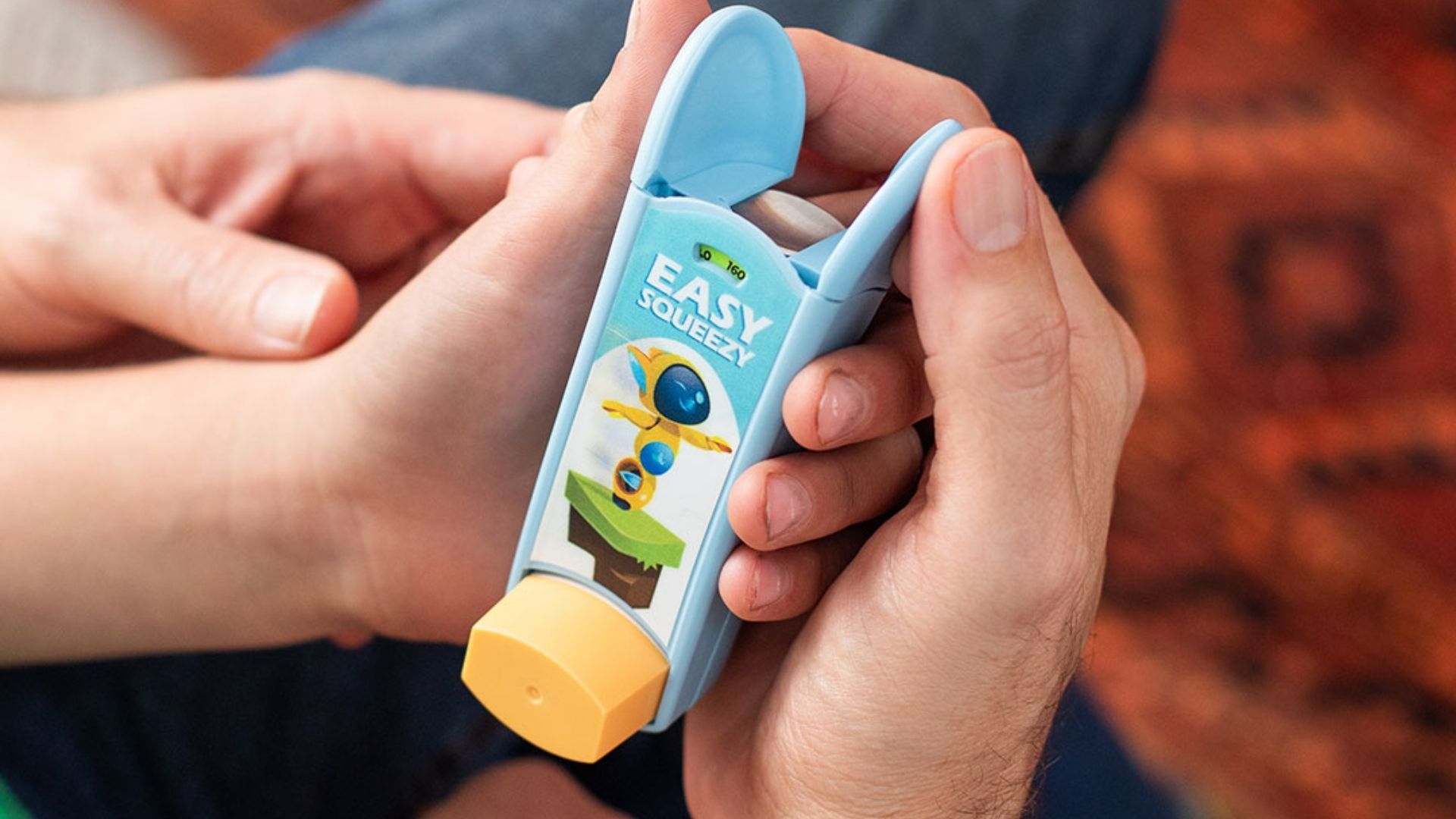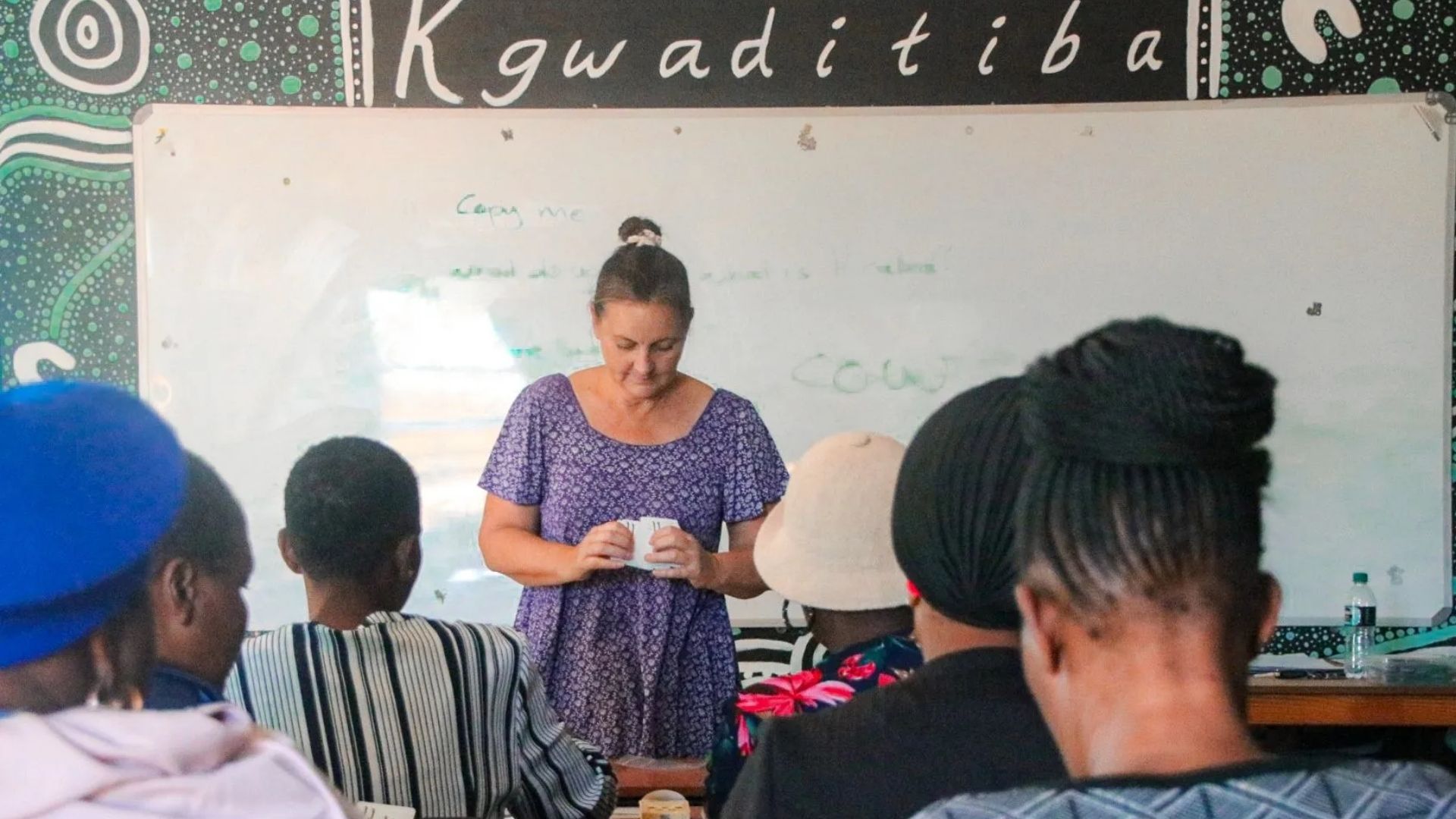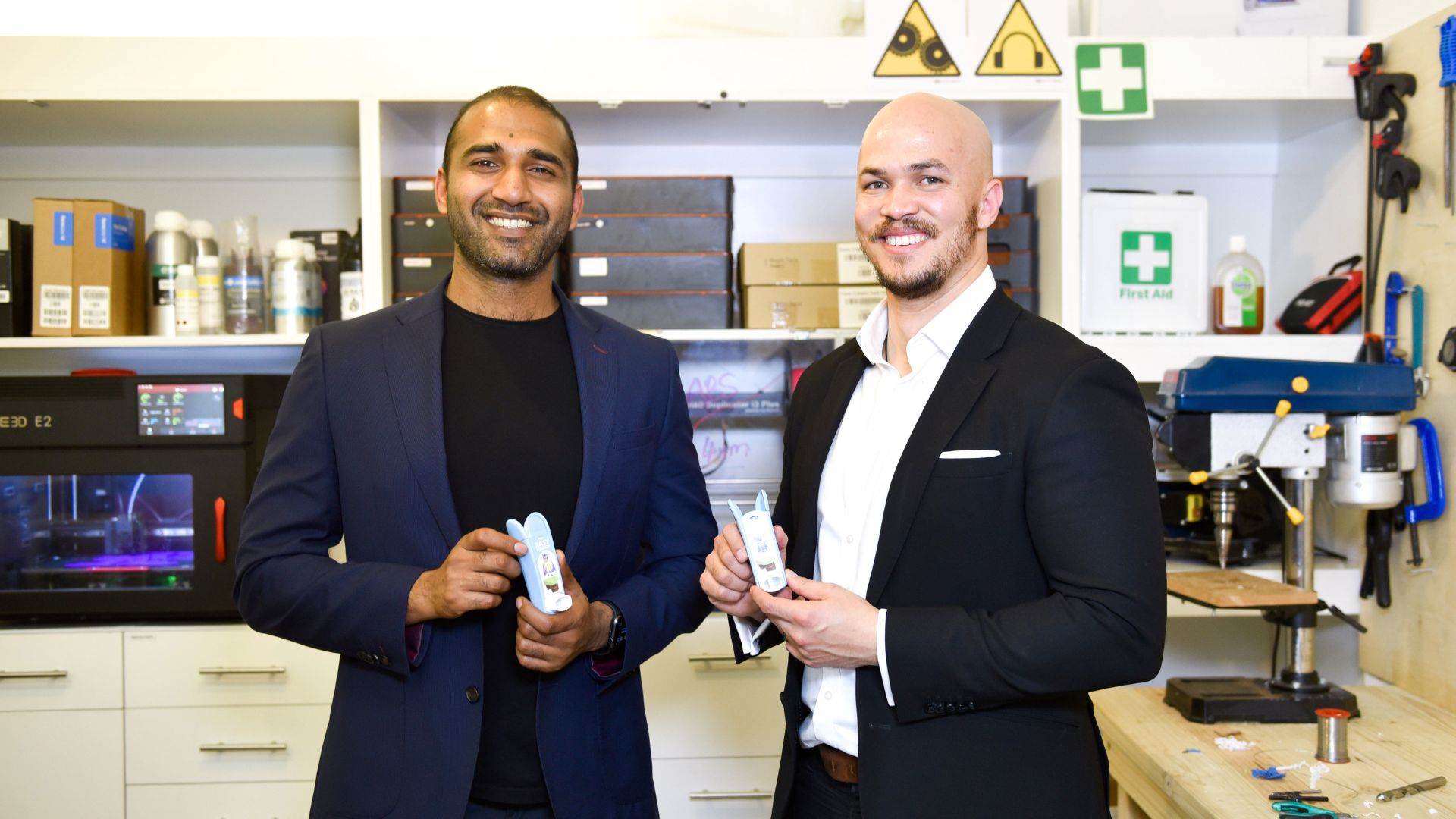.jpeg)
Any entrepreneur will tell you: The journey towards success isn’t linear. The path is anything, but straightforward. Most South African social entrepreneurs start their organisations driven by the need to solve a problem and oftentimes they don’t really have a success metric in mind, other than manifesting the idea and concept. Some start because they find themselves unemployed or unfulfilled in their employment and are driven by the desire for independence or to meaningfully contribute to society. Others start with the goal of being acquired or making a billion Rand – it really depends on the environment, socio-economic conditions; and in a South African context race also plays a part in shaping and manifesting different experiences. Whichever point of departure an idea is formed and the environment it evolves in will impact the shift in personal and organisational goals, and therefore perception of success.
Evolving metrics of success
Perceptions of success constantly evolve through the interplay of personal, environmental, and organisational factors. At times, I defined success by the impact on the community I served, even if it meant sacrificing my personal and financial well-being. This often involved lowering prices to reach more schools, funding teachers, paying for school internet, or providing extra support to achieve our goals. Despite the financial strain, our focus was always on improving performance and making a meaningful impact.
Other times, success was defined by my team's well-being and ability to thrive. This realisation came when two partners tragically passed away without life cover or savings. Their deaths shifted my focus to ensuring my team could secure their futures. Now, success means providing a supportive environment where team members can thrive, take care of their mental health, and secure their financial well-being.
Navigating external validation
Early on in my career, I focused on accolades and external validation, which boosted my confidence and spirit. Being recognised globally and praised by influential people felt intoxicating, making me believe in my success even when reality differed. This external perception of success led to isolation as expectations grew, forcing me to "fake it while you make it." The constant travel, PR, and awards made it hard for me to ask for help, leading to silent suffering and increasing isolation from family and friends, who assumed I was doing well.
I once spent a week on Sir Richard Branson’s Necker Island after winning the Virgin Unite’s Most Innovative Start Up in The World Award, surrounded by millionaires like Simon Sinek and Russell Brand. While they praised me as an inspiration to them, I was two months behind on rent and worried about eviction when I got back home. Virgin Unite spared no expense on the trip, from private jets to accommodation that cost $100 000 per night, and there I was with only a few items of clothing and my first smartphone from FURTHER, struggling to pay R2 000 rent. I returned home to media interviews and people assumed I had received investment for our business, but in reality, investment or any financial donation or sponsorship did not form part of the program. This disconnect between perception and reality led to depression and isolation. Becoming a mentor and co-creating a community of entrepreneurs with FURTHER has been invaluable, allowing us to have honest conversations and support each other by asking, "How are you, really?"
The illusion of business growth
Business growth in revenue, sales, and investments often took centre stage, creating a facade of success. We scaled to four provinces with over 200 000 students and big corporate clients, yet we weren't profitable and were surviving by constant expansion. The COVID-19 lockdown of 2021 forced us to confront the reality that we had built an impactful, but unsustainable organisation. Even when we raised significant funds, misalignment with our funders led to frustration with their politics and unrealistic expectations.
From burnout to balance
The hardest lesson I learned was to see success through my own financial security, peace of mind and mental health. We often prioritise others over ourselves, forgetting that we need space to be human. We neglect personal development, trauma healing, and building fulfilling relationships. In trying to inspire and lead, we don't allow ourselves to be vulnerable. There were times when I was inspired by the kids and teachers we supported, but also moments when I lost faith in the work and the people I was working so hard for. Learning to go through these phases and take care of myself has become my definition of success.
I now think that success is defined by your personal mission, which evolves over time. Despite numerous models and metrics from experts, the focus should be on creating balance and finding what success means for you at each point of your journey. Striving to learn and live authentically will cause this balance to shift. While it may be impossible to get it completely right, the awareness and pursuit of your truth lead to fulfilling life experiences and businesses, ultimately making you your greatest creation.
Syafunda provides access to digital educational content through mobile technology. Kelo is Africa’s first all-in-one interactive digital library and bookstore giving you access to an extensive collection of African and international titles in print and digital for purchase or rental. Find out more about Zakheni Ngubo and the impact he’s making by visiting our website.
Image Credit - Red Bull




